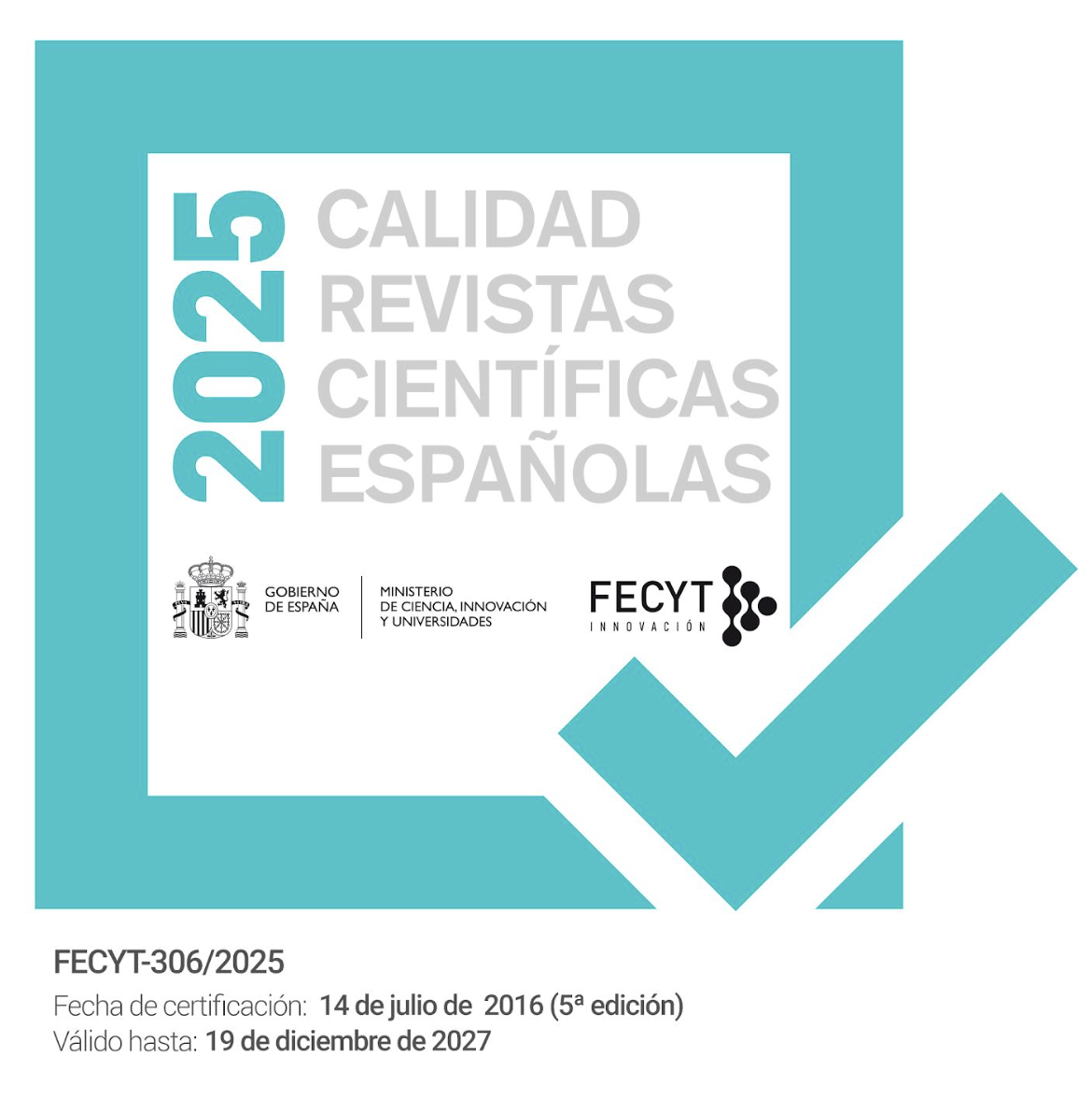The extension of social policies under centre-right and right-wing governments in Latin America: towards an analytical framework
DOI:
https://doi.org/10.22325/fes/res.2020.82Keywords:
Extension of social policies, right-wing governments, electoral competition, strategic adaptation, Latin AmericaAbstract
Since the mid-nineties, an extension of social policies was deployed in Latin America. Although part of the literature attributes such extension to left-wing governments, both centre-right and right-wing goverments also had a contribution. This paper aims at opening up the debate on Latin American right wing social policies. The goal is to discuss the possible reasons for the extension of social policies as well as to suggest an analytical framework that emphasizes topics such as the relevance of electoral competition, the strategic adaptation of political parties or the cost-benefit assessment of maintaining or expanding social policies.
References
Abou-Chadi, T. e Immegut, E. (2018). Recalibrating social protection: Electoral competition and the new partisan politics of the welfare state. European Journal of Political Research, 58, 1-23. https://doi.org/10.1111/1475-6765.12308
Anria, S. y Niedzwiecki, S. (2016). Social Movements and Social Policy: The Bolivian Renta Dignidad. Studies in Comparative International Development, 51(3), 308-327. https://doi.org/10.1007/s12116-015-9207-1
Antía, F. (2018). Regímenes de política social en América Latina: una revisión crítica de la literatura. Desafíos, 2(30), 193-235. http://doi.org/10.12804/revistas.urosario.edu.co/desafios/a.4802
Castiglioni, R. (2005). The Politics of Social Policy Change in Chile and Uruguay: Retrenchment versus Maintenance 1973-1998. New York & London: Routledge.
Comisión Económica para América Latina y el Caribe. (2020). CEPALSTAT [en línea]. Recuperado de https://estadisticas.cepal.org/cepalstat/web_cepalstat/estadisticasIndicadores.asp
Cook, M. L. y Bazler, J. (2013). Bringing unions back in: Labour and left governments in Latin America. Cornell: IRL.
De la O, A. (2017). Crafting Policies to end Poverty in Latin America. Cambridge: Cambridge University Press.
Duarte-Recalde, L. R. (2018). La Institucionalidad de la Política de Asistencia Social en Paraguay. En L. Andrenacci, M. Campana y M. Servio, La Asistencia Social en Argentina y América Latina. Avances, Problemas y Desafíos (pp. 46-65). Rosario: Pegues.
Ewig, C. (2016). Reform and Electoral Competition: Convergence toward Equity in Latin American Health Sectors. Comparative Political Studies, 49(2), 184-218. https://doi.org/10.1177/0010414015600467
Fairfield, T. y Garay, C. (2017). Redistribution under the Right in Latin America: Electoral Competition and Organized Actors in Policymaking. Comparative Political Studies, 50(14), 1871-1906. https://doi.org/10.1177/0010414017695331
Garay, C. (2016). Social Policy Expansion in Latin America. New York: Cambridge University Press.
Hagopian, F. (2016). Escaping the Inequality Trap, but How? 24th World Congress of the International Political Science Association. Poznan, Poland.
Häusermann, S., Picot, G. y Geering, D. (2013). Rethinking Party Politics and the Welfare State – Recent Advances in the Literature. British Journal of Political Science, 43(1), 221-240. https://doi.org/10.1017/S0007123412000336
Hoy (2017). El abrazo con el ‘enemigo’ y el Pato Donald, o por qué se unen los colorados. Recuperado de https://www.hoy.com.py/politica/el-abrazo-con-el-enemigo-y-el-patodonald-o-por-qu-se-unen-los-colorados
Huber, E. (2011). Política, Políticas Públicas, Pobreza y Desigualdad. En M. Vicuña, Cátedra
Norbert Lechner (pp. 169-189). Santiago de Chile: Ediciones Universidad Diego Portales.
Huber, E. y Stephens, J. (2012). Democracy and the Left: Social Policy and Inequality in Latin America. Chicago: University of Chicago Press.
Levitsky, S. y Roberts, K. (2011). Latin America’s “Left Turn”: A Framework for Analysis. En S.
Levitsky, y K. Roberts, The Resurgence of the Latin American Left (pp. 1-28). Baltimore: Johns Hopkins University Press.
Lustig, N. (2010). La pobreza y la desigualdad en América Latina y los gobiernos de izquierda. México, D.F.: Cuadernos del Consejo Mexicano de Asuntos Internacionales.
Madrid, R., Hunter, W. y Weyland, K. (2010). The Policies and Performance of the Contestatory and Moderate Left. In K. Weyland, R. Madrid, y W. Hunter, Leftist Governments in Latin America: Successes and Shortcomings (pp. 140-180). Cambridge: Cambridge University Press.
Martínez Franzoni, J. y Sánchez Ancochea, D. (2016). The Quest for Universal Social Policy in the South. Cambridge: Cambridge University Press.
Ministerio de Salud. (2020). Comportamiento del Aseguramiento [en línea]. Recuperado de https://www.minsalud.gov.co/proteccionsocial/Regimensubsidiado/Paginas/ coberturas-del-regimen-subsidiado.aspx
Morales, M. (2008). La Primera Mujer Presidenta de Chile ¿Qué explicó el triunfo de Michelle Bachelet en las elecciones de 2005–2006? Latin American Research Review, 43(1), 7-32. https://doi.org/10.1353/lar.2008.0013
Morgan, K. (2013). Path Shifting of the Welfare State: Electoral Competition and the Expansion of Work-Family Policies in Western Europe. World Politics, 65(1), 73-115. https://doi.org/10.1017/S0043887112000251
Niedzwiecki, S. y Pribble, J. (2017). Social Policies and Center-Right Governments in Argentina and Chile. Latin American Politics and Society, 59(3), 72-97. https://doi.org/10.1111/laps.12027
O’Donnell, G. (1996). Poverty and Inequality in Latin America: Some Political Reflections. Kellogg Institue Working Paper #225.
Oppenheimer, B. (2016). It’s Hard to get Mileage out of Congress: Struggling over CAFE Standards, 1973-2013. En J. A. Jenkins, Congress and Policy Making in the 21st Century (pp. 272-298). Cambridge: Cambridge University Press.
Osorio Gonnet, C. (2018). ¿Aprendiendo o emulando? Cómo se difunden las políticas sociales en América Latina. Santiago de Chile: LOM.
Parker, S., Saenz, J. y Wong, R. (2018). Health Insurance and the Aging: Evidence From the Seguro Popular Program in Mexico. Demography, 1(55), 361-386. https://doi.org/10.1007/s13524-017-0645-4
Pribble, J. (2013). Welfare and Party Politics in Latin America. Cambridge: Cambridge University Press.
Roberts, K. (2008). Is Social Democracy Possible in Latin America? Nueva Sociedad, 217 (9-10), 70-86.
Staab, S. (2017). Gender and the Politics of Gradual Change. Cham: Palgrave Macmillian.
Uribe Gómez, M. (2017). Nuevos cambios, viejos esquemas: las políticas de salud en México y Colombia en los años 2000. Cadernos de Saúde Pública, 2(33), 1-12. https://doi.org/10.1590/0102-311x00112616
Weyland, K. (2005). Theories of Policy Diffusion Lessons from Latin American Pension Reform. World Politics, 57(2), 262-295. https://doi.org/10.1353/wp.2005.0019
Williamson, J. (1990). What Washington Means by Policy Reform. En Latin American Adjustment: How Much. Washington, D.C.: Institute for International Economics.
Published
How to Cite
Issue
Section
License
Copyright (c) 2020 Spanish Journal of Sociology / Revista Española de Sociología

This work is licensed under a Creative Commons Attribution-NonCommercial-ShareAlike 4.0 International License.
• The transfer of the copyright of the article to Revista Española de Sociología.
• The assignment to the Revista Española de Sociología of the rights of commercial exploitation of the article to third parties both in the offset and digital formats, as well as to the search engines and platforms that may serve as intermediaries for the sale or knowledge of the article.



